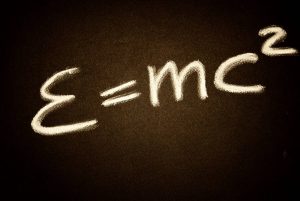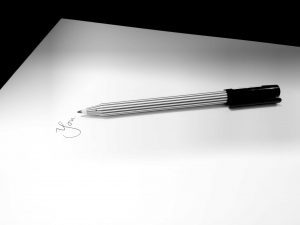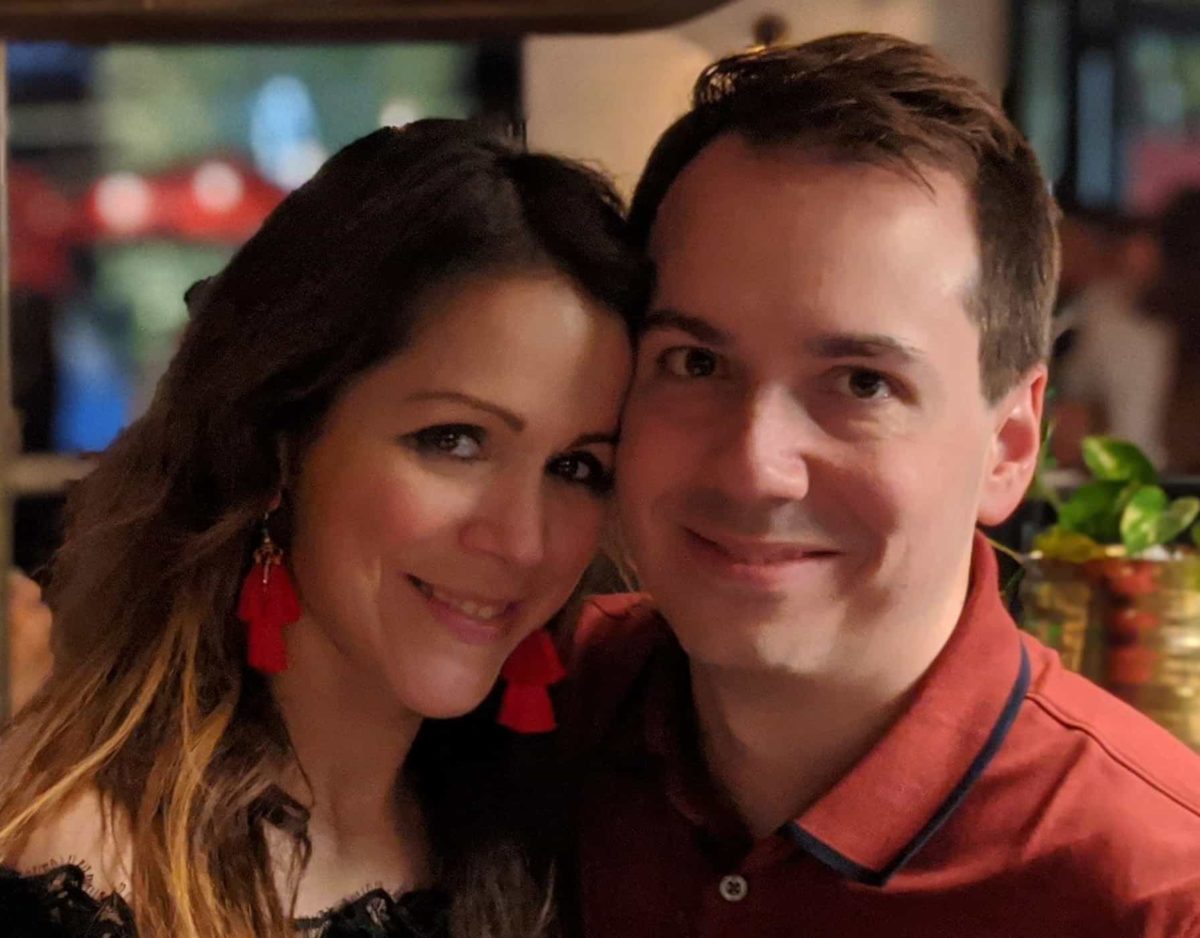Have you ever made a bad decision or said something you later regretted? Yeah, me too. We all have. And tell me this: how many times did you make the decision or said those words while you were angry or emotional? For me, the answer would be that I was angry most of the times.
Well, I’m here to tell you about a simple life hack that my dad initially taught me, and that will help you work smarter and make good decisions, and that you can implement right away.
How to Get Smarter With Your Decision-Making
It’s simple: sleep on it. All this means is that, when you have any big decision to make or anything important to say, wait until the next day to make your choice and take your action. Why? Because it will greatly reduce the role of your emotions in the decision-making process.
In my experience, this life hack works because decisions made while you are very emotional (especially if that emotion is anger) tend to be heavily influenced by the emotion, and not by your rational, thinking mind. This leads to worse choices.

Rational!
Have you ever had a great idea come to you in the shower? This is exactly how this works: when the mind is taken off a task, it breaks the thoughts associated with that task, and allows new ones to form, resulting in a different vision of the problem, a new angle.
What If You Don’t Have Time to Sleep on It?
If you have to take action quickly and don’t have time to go home and sleep, try to break you emotional and thought patterns by doing something before you make the choice. For example, take a walk outside or watch a funny video on your phone. Or if you just have a few minutes, go to the bathroom.

Go take a walk
When working, I use a variation of this technique to work smarter. What I do is complete a task 90% of the way, and then move on to something else. Hours (or even days) later, I come back to the first thing. For example, if I have to make a report, I’ll write it, but won’t hand it in if it’s not due yet. I’ll just leave it on my computer, and come back to it later with fresh eyes.
This helps me work smarter because I’ll come up with new ideas or realize the mistakes I made, all while I was taking that break. In fact, I suspect that, while I’m on something else, my subconscious mind is still thinking it through.
The Unsent Angry Letter
A slightly different take on this life hack is the so-called unsent angry letter. As The New York Times explained some time ago, it’s exactly what is sounds like: when you’re emotional and angry at someone, you write them a really nasty letter telling them how bad they are. But then you never send it.
This helps you make good decisions because it kind of serves as an emotional punching bag. Or, as the Times put it, “emotions cooled, you proceed in a more reasonable, and reasoned, fashion”.
I had this experience myself when my fiancee and I were dealing with our wedding planners. They were the kind of people that do a good job, but don’t like to be bothered. We would send them all sort of detailed e-mails, and they’d just ignore us.
Well, that made me smoking mad. After all, I was paying these bozos!
One day, I reached the end of my rope, and spent about one emotional hour writing a nasty e-mail. Like, really nasty, explaining to them why they sucked at customer service. But, as I wrote it, it had the effect of letting me vent, and by the end, I did not feel the need to send it. I’m glad I did not, because it would have ruined our relationship with the people who had control over our wedding (which turned out well at the end).
Summing It Up – Emotional Decisions Are Not Good Decisions
The idea behind all of this is simple: whenever possible, let your mind and emotions rest before making decisions or taking action. Put some space between your initial thoughts and emotions and your actual choice. This simple life hack will lead to better decisions because it’ll allow your rational mind to shine through, and you’ll see the situation in a whole new light.
Have you used this technique to work smarter or make good decisions?


I totally agree. Sleeping on decisions is great. Beyond the emotional cool down you talk about, I find there is subconscious processing going on over night. I may go to bed confused on the decision I need to make, but when I wake up the next day, the decision seems clear. Almost like it is so easy that I wonder what I was debating the day before. Tom
Hey Tom,
Absolutely. I’ve also experienced that effect of something seeming like a big dilemma one day, but then an obvious decision the next morning. It’s almost like manipulating yourself, in a good way 🙂
At a conference I went to a couple years ago, the speaker asked what you should do if a client sends a nasty email. One person raised his hand and responded: “email them right back.” And he was totally wrong. The speaker said you should wait 24 hours and cool off then compose an email based on facts, reasoning etc. While this may not always be ideal due to the subject, sensitivity, timeliness, I still thought it was a great suggestion. As a result, many times I let draft emails sit for a couple of hours to make sure I am communicating the way I should.
Hey SMM,
Agree 100%. I think responding right away to a negative e-mail can be one of the costliest mistakes you can make, since the response is far more likely to be emotional (and to escalate a dispute). Rather, cooling off is much better.
I do the same as you, writing drafts of e-mails and then letting them sit for hours (sometimes overnight) before pressing “send”.
Great advice. I have never regretted sleeping on a decision. Most of the time I wake up and have a totally different view on the situation. I have noticed at work it is easy to get frustrated as well. The best way to avoid blowing up is to take a deep breath and think before speaking. This has saved me a lot. Although I am not a saint and have been known to speak my mind!
Hey DM,
Fully agree. If you’ve got the time, sleeping on it is the best you can do. At work, I find that even going to the bathroom to wash your face can break an emotional thought pattern and lead to a better response or decision.
Hot head! Part of me thinks this is what leads to really great complaint letters. You know, the ones you DO end up putting in the mail.
I agree though, you shouldn’t let your emotions turn into bad decisions. Bottom line.
Ha! You’re right, the best complaint letters can be written when you’re fuming.
Though I like to let them sit for a while before clicking send, in case I want to add something or tone down the white-hot parts.
But yeah, overall, I try to include a time gap between the moment I make a choice and the time I execute it.
Good read. I might try your technique of completing a task 90% and coming back to it with a fresh set of eyes.
Thanks Jerry! It’s worked for me many times 🙂